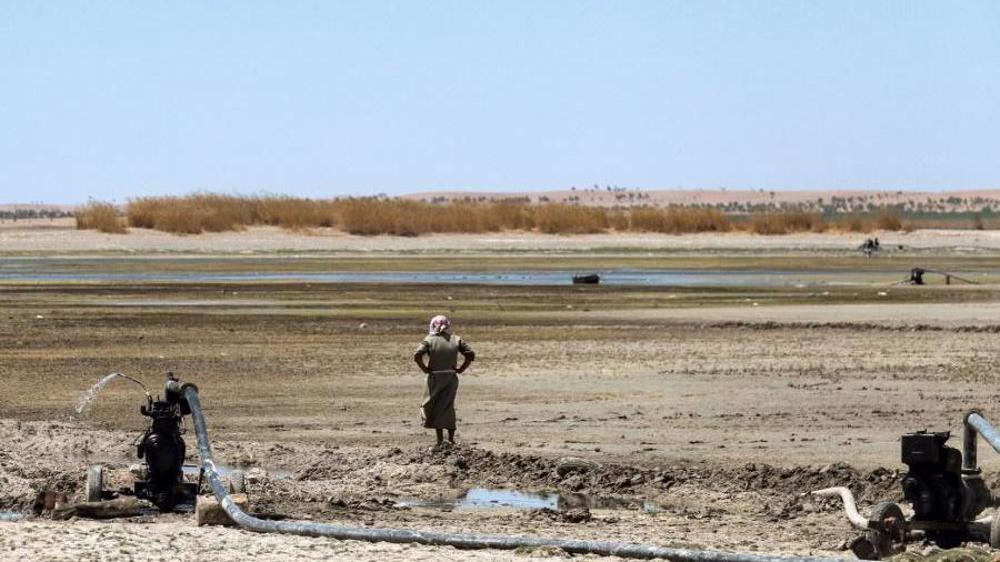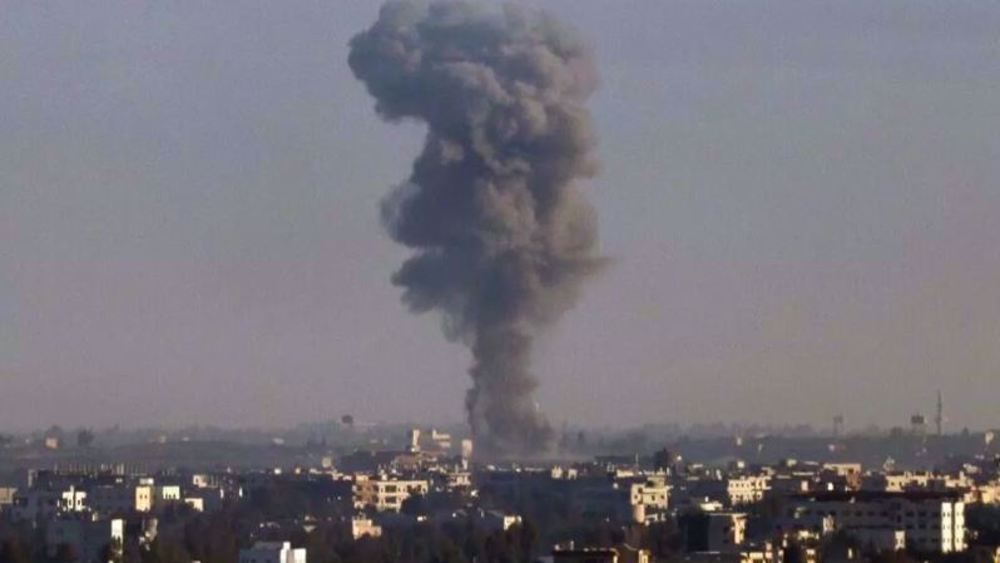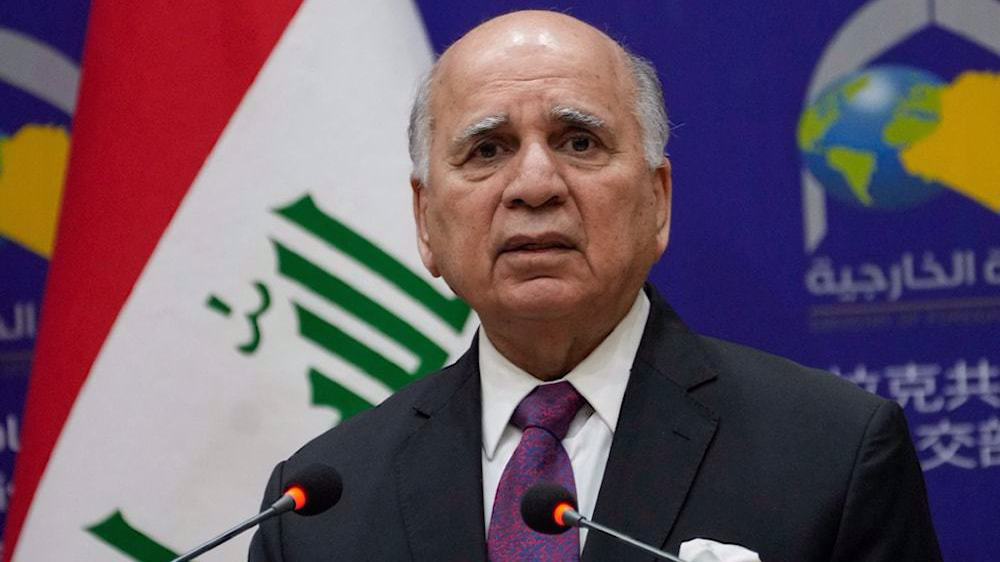Drying Euphrates sounds alarm bells in Syria
Aid groups and engineers have warned of a looming humanitarian disaster in northeastern Syria amid a drop in water levels of the country’s longest river, the Euphrates.
In the village of Rumayleh in Alepp Province, Khaled al-Khamees, a 50-year-old farmer, said, "It's as if we were in the desert."
"We're thinking of leaving because there's no water left to drink or irrigate the trees," AFP cited Khamees as saying on Monday.
Aid groups and engineers say that five million Syrians are at risk of water and power cutoffs amid declining water levels at hydroelectric dams since January.
The waning river flow adds to the woes of the people there after a decade of foreign-backed militancy and amid a coronavirus pandemic.
Khamees, the father of 12, said he had not seen the river so far away from the village in decades.
"The women have to walk seven kilometres (four miles) just to get a bucket of water for their children to drink," he added.

At the Tishrin Dam, the first of three hydroelectric dams into which the river falls inside Syria, director Hammoud al-Hadiyyeen described the decline in water levels as "alarming", noting that it has not been seen since the dam's completion in 1999.
"It's a humanitarian catastrophe," he added.
The water level now hovers just tens of centimeters above "dead level" when turbines are supposed to completely stop generating power.
Electricity production has dropped by 70 percent across northeast Syria since last year, the head of the energy authority Welat Darwish said.
Humanitarian groups also noted that two out of three of all potable water stations along the river are pumping less water or have stopped working.
Inside Syria, the Euphrates flows mostly along areas controlled by Kurdish fighters, whom Turkey regards as linked to its outlawed Kurdistan Workers' Party (PKK).
Syria's Kurds accuse Turkey, in which the Euphrates originates, of decreasing the level of water flowing through Syria.
In June, Damascus also called on Ankara to increase the flow immediately.
Turkey claims it has never reduced the amount of water it releases from its trans-boundary rivers, but its aggressive dam building has already been blamed for the water shortage crisis in Syria and Iraq.
"Our region is facing one of the worst drought periods due to climate change," and rainfall in southern Turkey is "the lowest in the last 30 years", AFP cited an unnamed Turkish diplomatic source as saying.
Syria analyst Fabrice Balanche said the drought did serve Ankara's long-term goal of "asphyxiating northeast Syria economically".
"In periods of drought, Turkey helps itself and leaves the rest for the Kurds, in defiance and in full knowledge of the consequences," he said.
Marwa Daoudy, a Syrian scholar of environmental security, said, "These levels threaten whole rural communities in the Euphrates Basin whose livelihood depends on agriculture and irrigation."
According to aid groups, drought conditions have already destroyed large swathes of rain-fed crops in Syria.
Balanche also warned that all of Syria “will be short on food, and will need to import massive quantities of cereals".
Hamas thanks Iran, Resistance Front following achievement of ceasefire in Gaza
'Capitulation': Israeli officials and media concede Gaza defeat as truce unfolds
'Gaza has won': Social media users react to ceasefire with mix of relief, joy
Iran seeks South Korea’s assistance for AI, fiber-optic projects
VIDEO | Iran's 'Eqtedar' (Power) maneuver
Israel hits HTS military target in Syria for 1st time since fall of Assad
VIDEO | Press TV's news headlines
Israel has slaughtered 13,000 students in Gaza, West Bank









 This makes it easy to access the Press TV website
This makes it easy to access the Press TV website